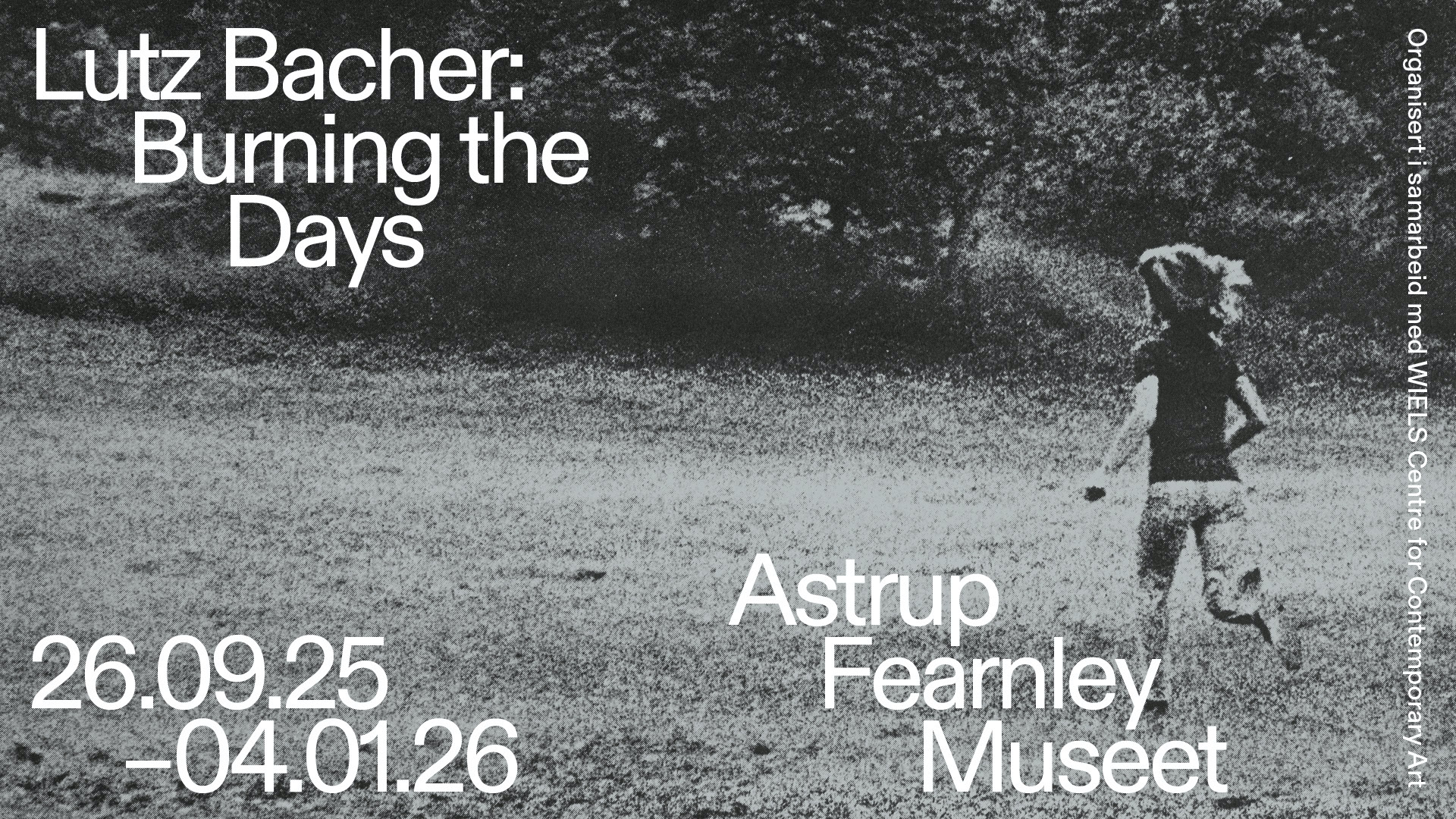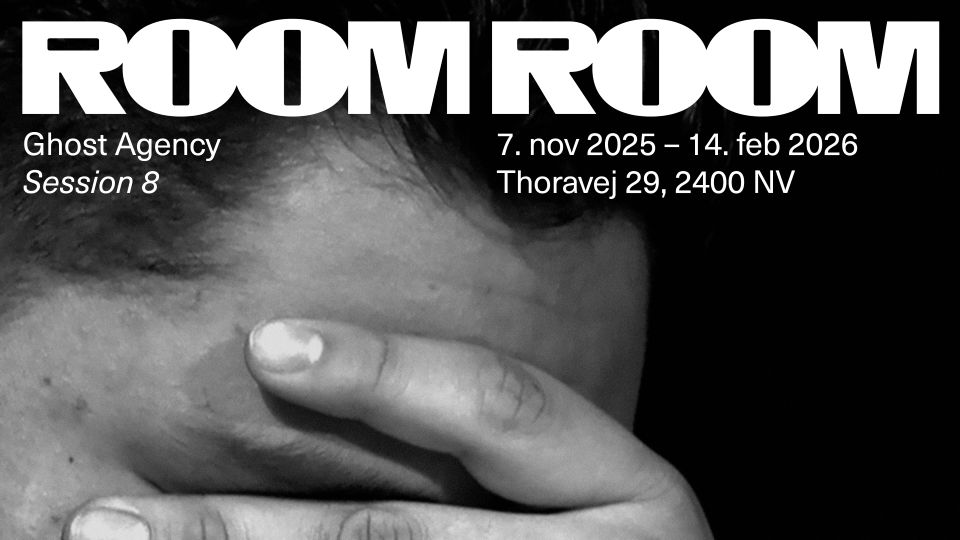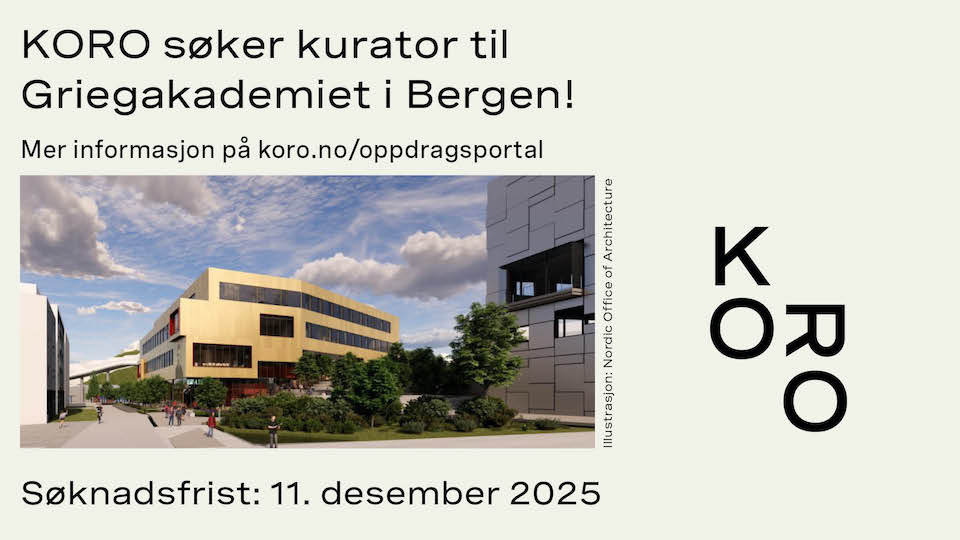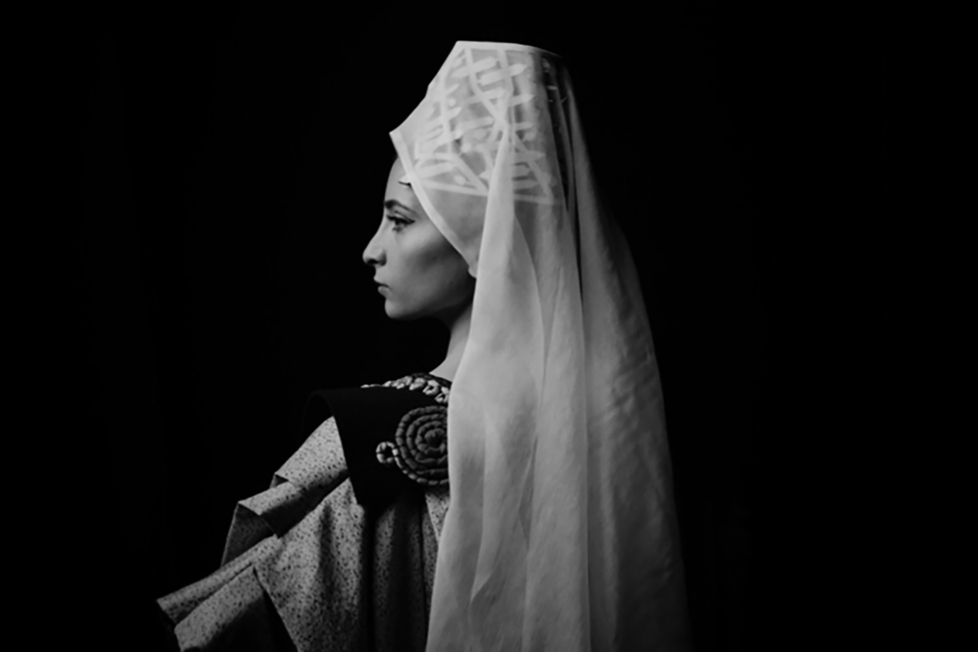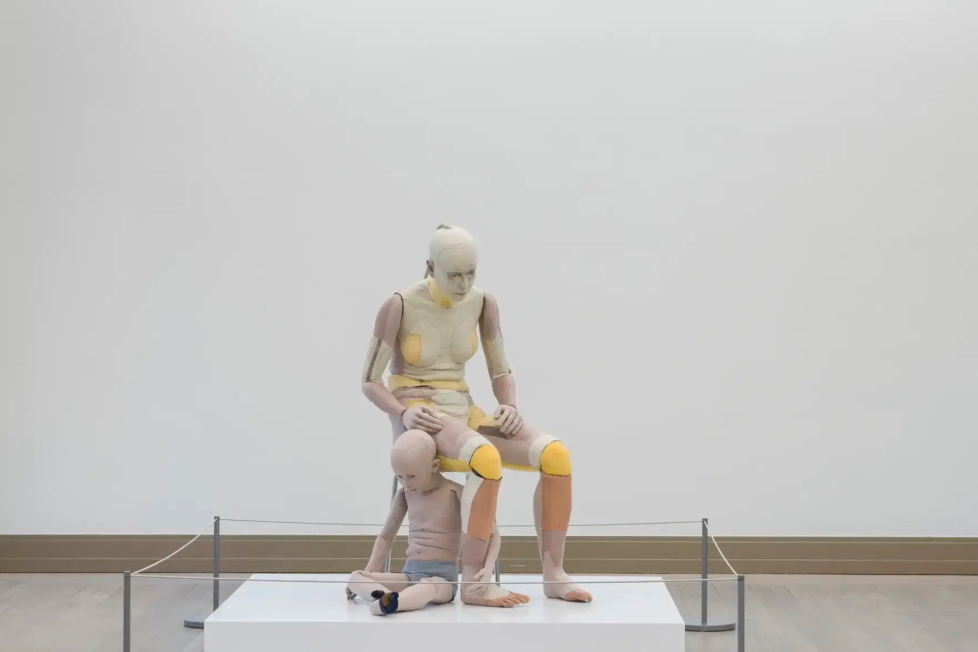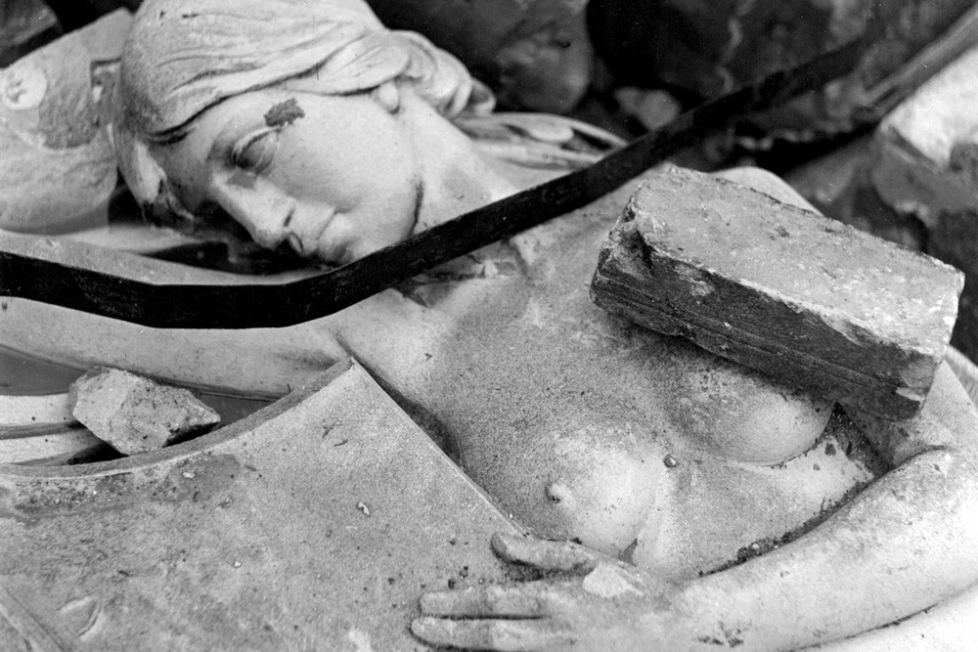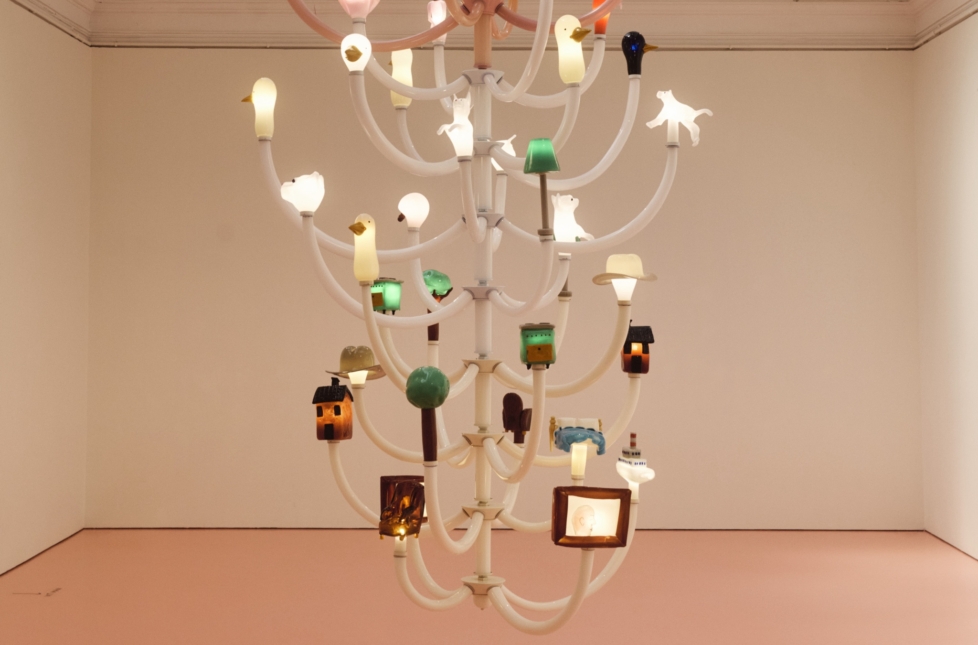
The International Association of Art Critics (AICA) is a worldwide association for art critics and other art professionals. The association aims, among other things, to promote art criticism as a discipline, to contribute to its methodologies, and to protect its members’ ethical and professional interests and rights. As part of this work, AICA arranges an annual congress. The 54th AICA Congress, which began on Sunday, is being held in the cities of Valparaíso in Chile and Buenos Aires in Argentina, organised by the countries’ respective local teams.
The congress has been given the wide-ranging title ‘What Are We Talking About When We Talk About Art Criticism in the 21st Century?’ Speaking to Kunstkritikk, the president of AICA Argentina, Florencia Battiti, elaborated: “The practice of art criticism has changed deeply in the last two decades. Today digital communication and technology and the rise and development of curatorial practice and studies has forced art criticism to look for new ways of existing. Those new ways are amongst what we’ll explore during the congress.”
The congress programme, which runs from 13 to 19 November, includes discussions and conversations on topics ranging from the Covid pandemic and Russia’s invasion of Ukraine to photography in Peru, art as investment, this year’s Documenta in Kassel, and political conflicts in the arts. Battiti states that keeping the programme open and broad has been a key consideration: “What is important for us is to offer the congress a real place – physical, not virtual – to come together and exchange opinions, to get to know each other, to think and rethink our professions, and how similarities and differences play out among colleagues from all over the world.”
Art and art criticism specific to the Argentinian and Chilean contexts will also be featured in the programme. “We want to look at both global and local events to understand how art criticism and curatorial practices is affected by context,” Battiti said. “In Argentina, for example, we are suffering a critical social and political instability, which will be important to look at. By reflecting and theorising on our practices and professions from the Global South, we wish to practice a situated knowledge.”
Founded in 1950 in the wake of two international congresses on art criticism under the auspices of UNESCO, AICA now has approximately five thousand members from ninety-five countries worldwide. Over the years, AICA’s congress has been held in many different places around the world, including Hong Kong, Tokyo, and Paris.
Lisbeth Rebollo Gonçalves from Brazil has been AICA’s president since 2017. She told Kunstkritikk that ever since the association’s inception, one of its governing principles has been that the congress should be held in a new location every year to ensure the exchange of knowledge across the member countries. She also pointed out that Latin America has played an important role in the congresses since the beginning. The first time the congress was held in Latin America was in 1959 in Brazil, on the occasion of the founding of Brasilia, the country’s new capital. It was later followed by congresses in Argentina, Venezuela, the Dominican Republic, Puerto Rico, Cuba, and Paraguay. “This year, the event will be in Chile and Argentina, and I hope it will bring us a rich exchange of ideas about art criticism today,” Rebollo Gonçalves said.
This year’s congress hosts visitors from around fifteen countries, including Sweden and Norway. As part of the congress, AICA held an open call for entries for its Young Art Critics Award, which aims to encourage young critics to engage with subjects and geographical regions that have not necessarily been covered in traditional art criticism, as well as to promote new forms of critical expression. Several of the texts submitted will be presented in the programme. Among the participants is Sofia Ciel from Norway, whose writing credits include Kunstkritikk.
Taking part remotely from Oslo, Ciel will talk about inequalities and literary forms in art criticism. “I am very pleased to have this opportunity to make a presentation among such brilliant colleagues from all over the world. The AICA congress is an important event for art criticism. It enables us to form an overview of the problems, ideas, and challenges that are urgent and important right now,” Ciel told Kunstkritikk.

The article is translated from Norwegian.
